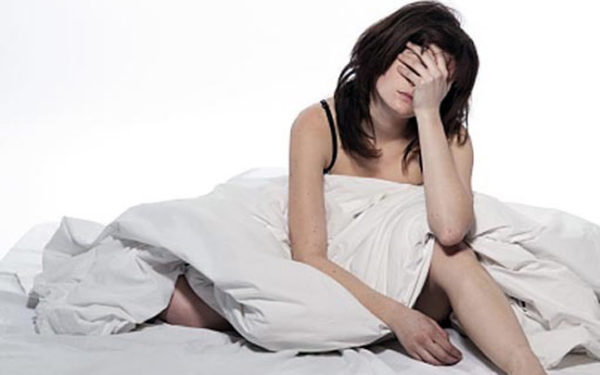Researchers have found that people with poor sleep may find it harder to see things in a postive light.
Poor sleep may affect a specific region of the brain known to be involved in regulating negative emotional responses, especially in those suffering from depression and anxiety restrict their ability to see things positively.
The study published in the journal Depression and Anxiety said, this area of the brain, the dorsal anterior cingulate cortex, may have to work harder to modify negative emotional responses in people with poor sleep who have depression or anxiety.
Lead researcher Heide Klumpp, Assistant Professor at University of Illinois at Chicago College of Medicine in the US, “Our research indicates sleep might play an important role in the ability to regulate negative emotions in people who suffer from anxiety or depression”.
The research team used functional MRI to measure the activity in different regions of the brain as participants were challenged with an emotion-regulation task.
The 78 participants in the study were between ages 18 and 65 and had been diagnosed with an anxiety disorder, a major depressive disorder, or both.
Participants were shown disturbing images of violence — from war or accidents — and were asked to simply look at the images and not to try to control their reaction or to “reappraise” what they saw in a more positive light.
An example of reappraisal would be to see an image of a woman with a badly bruised face and imagine her as an actress in makeup for a role, rather than as a survivor of violence, Klumpp said.
She said, “Reappraisal is something that requires significant mental energy”.
Klumpp added, “In people with depression or anxiety, reappraisal can be even more difficult, because these disorders are characterised by chronic negativity or negative rumination, which makes seeing the good in things difficult.”
The researchers found this to be true in those with lower levels of sleep efficiency.






Leave a reply